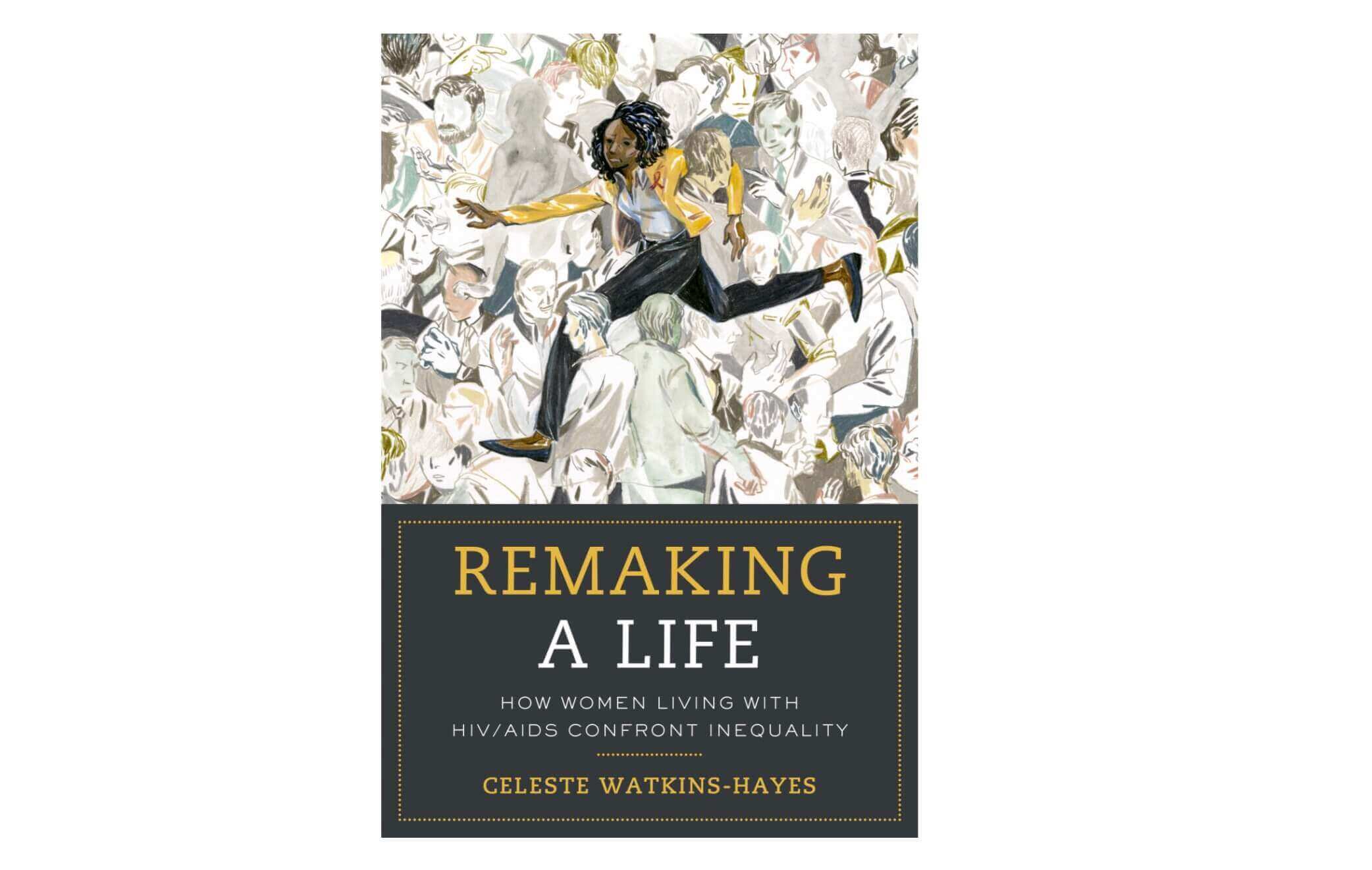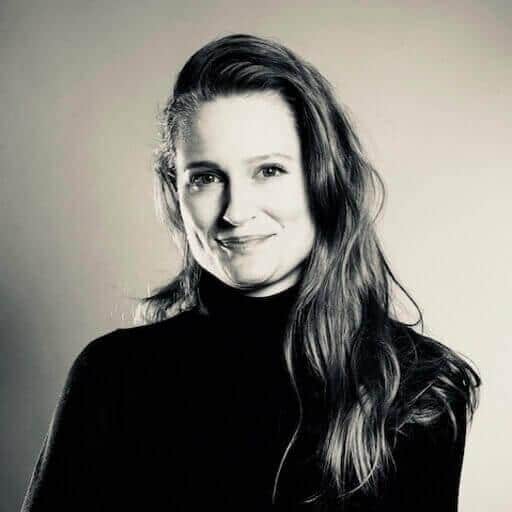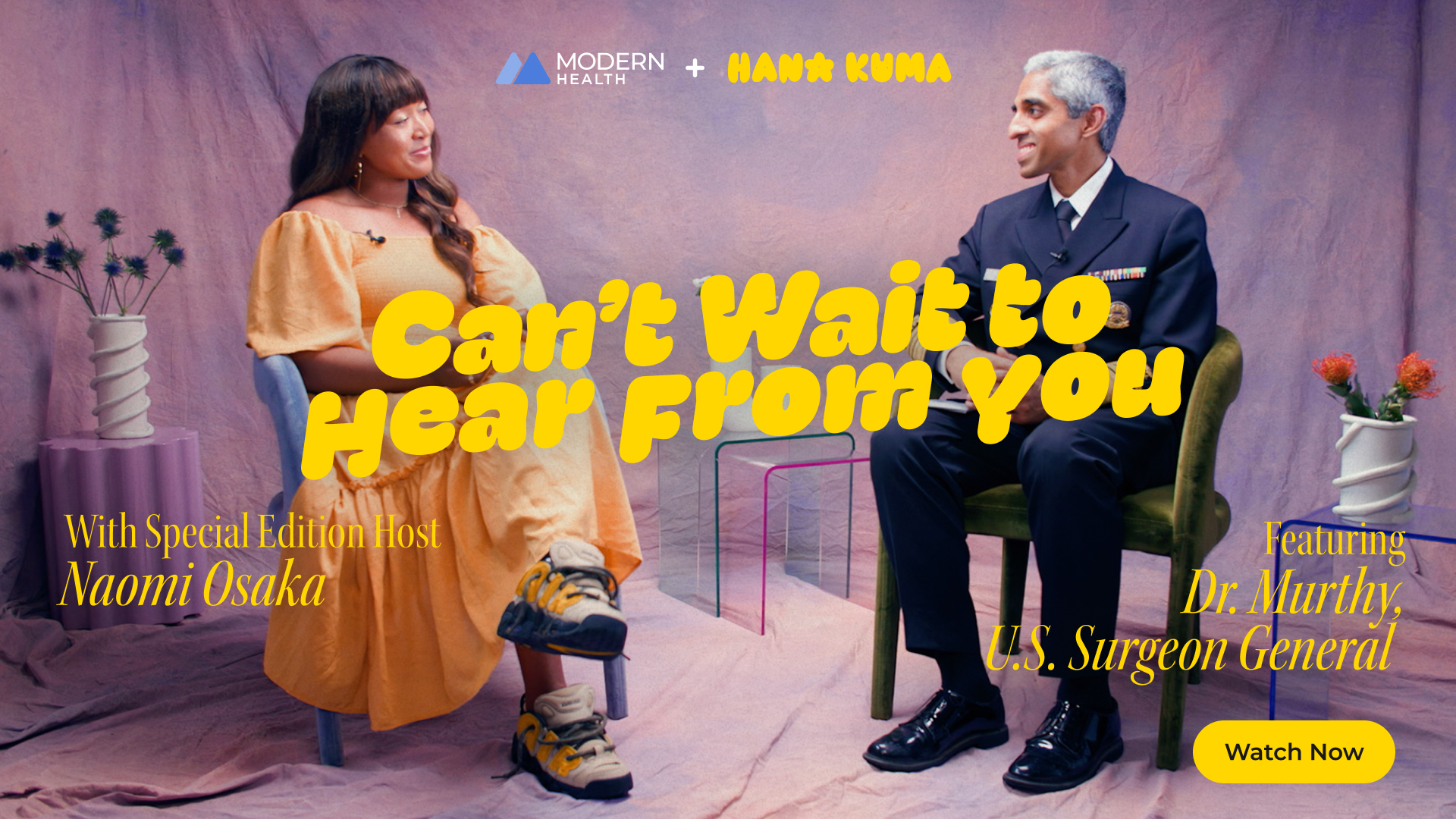
Mental Health, Life Post Trauma, and Black Joy
Dr. Celeste Watkins-Hayes on mental health, life after trauma, and Black joy
Dr. Celeste Watkins-Hayes is a professor of sociology and public policy at the University of Michigan and an expert on the intersection of inequality, race, and policy. She is the author of the 2019 book Remaking a Life: How Women with HIV/AIDS Confront Inequality.
This article is a synopsis of a conversation between Dr. Watkins-Hayes and Diego Henriquez-Garcia, enterprise partnerships manager at Modern Health.
Diego: Let’s start with lessons from your book. Throughout your research, you were meeting women who weren't just surviving HIV/AIDS—they were thriving, despite their diagnosis. What did you learn from them?
Dr. Watkins-Hayes: For those who were thriving—who had transitioned from what I call “dying from” HIV to “living with” to “thriving despite”—the journey was the product of several important factors that the HIV community does very well.
The first factor was access to health care—including HIV care, but often more importantly access to a mental health provider who's helping them deal with the shame they may be feeling, the stigma they may experience, and all of the other traumatic life events of which HIV might have just been one. The HIV community was early to understand the relationship between mental health and physical health.
The second factor was access to economic assistance; whether through helping people get better jobs, find job training, or access government assistance, an economic safety net is needed because if you are worried about where your next meal is coming from, that’s a big risk to both your physical and mental health.
The third thing the HIV community does very well is offer social support; they understand that it's critical to connect people to peers. They have case management services that help connect people to intermediary help until the person gets in to see a dedicated mental health care provider. Social support is really important to combating isolation and to getting people networked.
The last thing that the HIV community has done very well is they have built an infrastructure that gives people an on-ramp to political and civic engagement. They recognize that people have very important stories to tell that can feed back into the system to help make it better.
Diego: The stigma you mentioned is something we at Modern Health fight a lot, and in our work we try to lower the shame of having mental health—not just mental health difficulties, but having mental health at all.
Dr. Watkins-Hayes: Absolutely, and I do think we’re seeing a generational change in attitudes about mental health. In my role as a professor, I am really struck by how many students are very open about the fact that they’re in therapy and they see it as part of their wellness routine. And universities have invested significant resources in boosting student mental health services because they see how critical it is. This generation is being cultivated around the idea that mental health is a service that is critical and it's not stigmatized, and as they move into the employment realm they're likely going to have an expectation for the level of access to care that they had in college.
Diego: What's one thing that you want people to learn from your research?
Dr. Watkins-Hayes: That health care, including mental health care, is transformative. More broadly, safety nets are transformative, and what's in a good safety net? Access to health care, economic assistance, and support so that people are able to enjoy the dignity of work and avoid the level of economic hardship that we see when people are working yet still unable to financially support their needs.
Diego: How does your research on women dealing with HIV/AIDS relate to what we're all going through in the COVID era?
Dr. Watkins-Hayes: We can never underestimate the power and significance of people being able to tell their own stories, and that’s what my book is about. Storytelling has always been central to the fight against HIV; it was critical for the broader public to understand that we were talking about real people with real lives who were being affected, and the way to understand where we are is to really give people the opportunity to be heard.
We have to ask people, particularly marginalized people who never get asked to voice something that subsequently informs policy, to tell their stories, to point to what their needs are in a way that's not stigmatizing. That is critical for the breakthroughs to happen, whether we’re talking about the HIV epidemic or our current COVID landscape. The stories of the women in Remaking A Life help us learn how to deal with the challenges we are all facing now, so I hope we’re listening closely to people who are experiencing this pandemic in all kinds of different ways, because they're pointing to solutions that will show us the way forward.
Diego: Could you speak to a story that strikes you as particularly memorable from your work?
Dr Watkins-Hayes: I’ll share the story of a woman named Yvette. She's a middle-class woman who works for the government and has been working her way up and doing quite well economically. She is also a woman living with HIV. The shame that she felt because of it was drastic. She felt as though, as a member of her family who was doing well economically, coming out about her HIV status would suggest that she was less than what her family had regarded her as. She was also nervous about losing her job and her health care if her HIV status got out, and she was also dealing with the stigma around desirability and finding a mate.
All of this was weighing on her and she had not told anyone about her HIV status; her adult son lived with her and he didn't know, her friends didn't know, and her family didn't know all because she was worried about the effects of coming out about her status. But with the intensity of holding it in, she started to grapple with obesity and gained weight as a kind of psychological mechanism to not have to deal with the intimacy question and to make herself—in her own perception—even less desirable. Her family noticed the weight gain, and she could more easily open up to them about the weight than she could about the reasons for it.
Through dedicated work with a therapist over several years, she finally came out about her HIV status and owned it. She lost the weight, she shared her status with her family, and telling her story made the difference for her from dying from, to living with, to thriving despite. She had been dying of shame and it was showing up physically—and those effects, she explained to me, were more likely to kill her than the HIV.
Diego: You mentioned how people may be experiencing this pandemic in all sorts of ways, and that we need to listen to people who are experiencing it differently than us. Can you say more?
Dr Watkins-Hayes: When a crisis hits, we may feel as though we are all in the same boat, but we're not in the same boat. We have to recognize that HIV and Covid-19 are both epidemics of inequality. Although we are navigating the same waters when it comes to trying to stay healthy during an infectious disease outbreak, we are not all “in the same boat.” Inequities mean that some of us are navigating the covid-19 pandemic with resources and privilege, and others of us are highly vulnerable because of limited protective resources and power.
This means that some of us are dealing with crises from the comfort of yachts, and some of us are dealing with crises from the struggle of rowboats. It’s critical to acknowledge that and to think about how we both calm the seas and get people out of rickety rowboats.
The work you are doing at Modern Health is critically important in this regard. So that when the storms of life rage, everyone has the resources to be able to navigate those seas.
A woman made a point earlier in the comments section, saying, “My mom taught me how to survive, and I am now learning how to live.” This is so interesting in the context of joy, and the term “Black joy” is currently being used in the national conversation about African Americans or Black people talking about Black joy.
When a group or an individual has been under a severe level of oppression, stress, trauma, etc., joy is an act of resistance. So for example, the commenter’s mom may have understood her job as being to teach her daughter how to survive oppression, how to survive racism, sexism, and perhaps the classism that her daughter would experience in the world. She may have understood that her job was to help her child navigate those very turbulent waters. She may be doing it from a place of love, but was probably thinking, “I only have a rowboat to offer her. I don’t have a yacht to offer her, so I've got to make sure she knows how to row and row well in order to survive.” That work, though, is exhausting, and it’s not the only part of life. There should be joy. There should be happiness. There should be love. There should be peace. There should be excitement. And that is how joy is an act of resistance because that's been denied to so many people for so long.
So this commenter is being authentic and powerful in saying, “Yes, my mother gave me the rowboat and all the tools that she could. But I also recognize that I want to row toward the rainbow. I want to enjoy the beauty of that. I want to row it in peaceful waters and enjoy that. Maybe I want to row it to a yacht. And it's my right to be able to experience that part of life.”
Tune in on YouTube to hear Dr. Watkins-Hayes’ take on parallels between the government response to the HIV epidemic and the COVID pandemic, plus more stories featured in her book, Remaking a Life: How Women with HIV/Aids Confront Inequality.
Meredith Swinehart
Meredith Swinehart is senior editorial manager at Modern Health.

.jpg)

